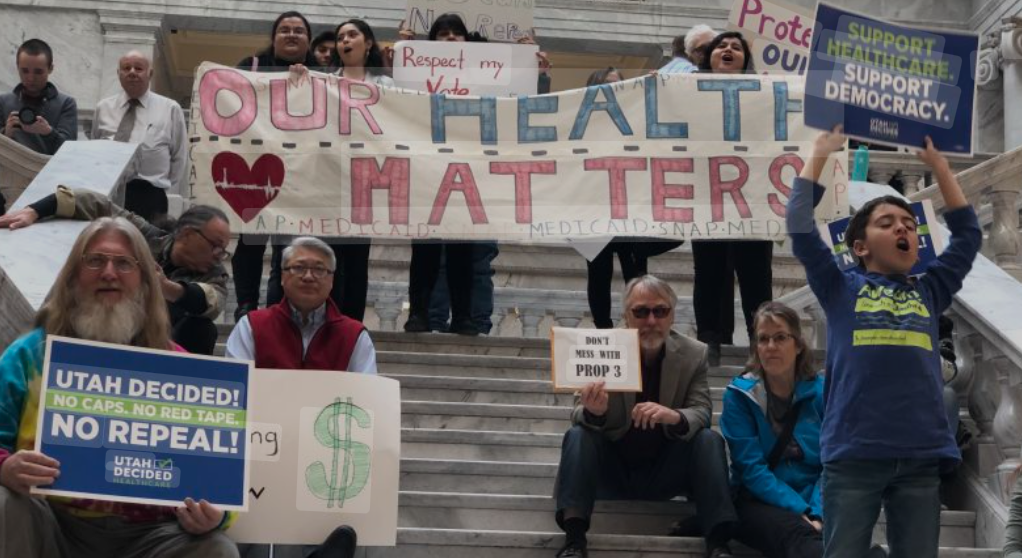In a move that starkly highlights the GOP’s economic priorities, congressional Republicans are advancing a proposal that would force low-income Americans to pay more out of pocket for Medicaid—while simultaneously paving the way for a new round of tax cuts benefiting the wealthiest individuals and corporations.
According to an exclusive report by The American Prospect, Republicans are considering this deeply regressive measure as part of a forthcoming reconciliation package, expected to be marked up next week by the House Energy and Commerce Committee. The core idea: increase healthcare costs for some of the nation’s most financially vulnerable in order to subsidize tax breaks for the ultra-wealthy.
The proposal is disguised under the technical term “cost-sharing above 100% FPL”—referring to individuals with incomes above 100% of the federal poverty level. In practice, this means that Medicaid recipients earning as little as $15,650 annually (or $21,150 for a two-person household) could soon be forced to pay for premiums, co-pays, or other fees simply to access basic medical services.
Healthcare advocates and economic policy experts are sounding the alarm. “Whether you call it a co-pay, a premium, a fee, or a tax, the result is the same,” said Matt Bruenig, founder of the People’s Policy Project. “It either reduces what little disposable income these families have, or it causes them to forgo essential healthcare.”
Currently, Medicaid allows states to impose limited out-of-pocket costs on certain enrollees, with exemptions for services like pregnancy care and for vulnerable populations such as children under 18. This new GOP proposal would lower the income threshold for these costs, subjecting even more families near the poverty line to financial strain in exchange for medical access.
This effort is widely seen as a backdoor attempt to scale back Medicaid’s expansion under the Affordable Care Act—without explicitly targeting the program’s funding. “It’s exactly the kind of effective cut to Medicaid that moderate Republicans have promised they wouldn’t support,” wrote journalist David Dayen, who broke the story.
Maurice Mitchell, national director of the Working Families Party, put it more bluntly: “The fix is in. Republicans want to hike Medicaid premiums and copays to pay for massive tax cuts for the rich. They care more about lining the pockets of their billionaire donors than they do about helping working families afford healthcare.”
Adding to the controversy, the GOP is also considering reintroducing Medicaid work requirements—a policy already proven ineffective and harmful when piloted at the state level. Studies show that most Medicaid recipients already work, and work requirements only serve to erect bureaucratic barriers that push eligible people out of the system.
The Congressional Budget Office (CBO) recently weighed in on the broader scope of proposed GOP Medicaid cuts. While the CBO did not evaluate the cost-sharing proposal specifically, its findings were alarming: states would be forced to make up for roughly half of the lost federal funding on their own, likely resulting in lower provider payment rates, cuts to optional services, and reduced enrollment.
Sen. Ron Wyden (D-Ore.), who requested the CBO analysis, didn’t mince words. “The Republican plan for healthcare means benefit cuts and terminated health insurance for millions of Americans who count on Medicaid,” he said. “They’re using smoke and mirrors to disguise the harm, but the reality is clear: this plan guts healthcare access for kids, seniors, people with disabilities, and working families.”
In a time when economic inequality is already at record highs, the GOP appears poised to make it worse—deliberately shifting the burden onto those least able to bear it, while the wealthy receive yet another financial windfall.



